Roughly a year ago, we proudly launched The Uncommon Collection. While all of our goods are “uncommon,” the Collection is special because it’s a culmination of efforts to create an assortment of well-designed items made responsibly by businesses who embrace thoughtful and sustainable business practices. The Collection presents opportunities for our manufacturing partners to share the spotlight with their products, telling the stories behind those products and connecting our customer with the people who made them. We have grown a lot since introducing the Collection last year, both in terms of number of items and makers contributing to the Collection and in our understanding of the challenges and opportunities such an initiative presents.
What we’ve learned:
Companies come in all shapes and sizes
We approached the development of Collection criteria based on values we as a company hold ourselves and devised for manufacturers in a general sense. At UncommonGoods we work with companies both large and small, in widely varying industries employing teams all across the skill-level spectrum. It was important to us that this not be an initiative with criteria that artificially closed us off to certain industries or company sizes, but rather was as potentially broad-reaching as possible to raise the bar for as many companies as possible.
To achieve this, we needed to take a closer look at makers across the manufacturing spectrum to better understand what was impractical, what was aspirational, and what was setting the bar too low. So, we asked ourselves some questions:
Do certain criteria inherently and inadvertently preclude certain industries? In certain cases, yes to a large degree without a lot of changes or changes that will take a lot of time and effort to implement.
Are certain criteria too easily achieved for companies of a certain smaller size while excluding responsible partners with a much higher head count? Again, yes in certain regards. Implementing change can be a lot easier in a 2-person shop than a 200-person shop. Throughout the process of introducing the criteria and subsequently artists and designers to the Collection, we’ve worked to ensure the bar is set at the right height and that we are not missing opportunities for all parties, including ourselves, to keep reaching.

Top: Patrick Frost of Frost Glass | Bottom: Pot Of Gold Glass by Frost Glass for the Uncommon Collection
Products come in all shapes and sizes (and materials, and production methods…)
What are “good” materials? This is a question that will elicit as many answers as there are people you ask. In some cases certain materials are essential in the production of certain products with little opportunity to substitute. In other cases, a more “responsible” and sustainable material can be used in lieu of something perhaps less expensive in terms of material cost but still costly in other senses. Certain materials are highly irresponsible in certain contexts (e.g. deforestation) while they may be considered more socially and environmentally responsible in others (sustainable harvesting). I found myself digging far deeper than I had in the past, in terms of understanding not only where products were made, but also where their materials came from. In many cases I asked origin questions that our manufacturers didn’t have answers to themselves. In some cases their suppliers were doing great things that we now had an opportunity to highlight. In other cases we found a lack of transparency that we needed to work to resolve. Again, we looked to thoughtfully consider all products for the Collection without outright dismissal, with the intent to highlight where good things were happening both in expected and unexpected places, and with the intent to push for greater change where opportunities presented.
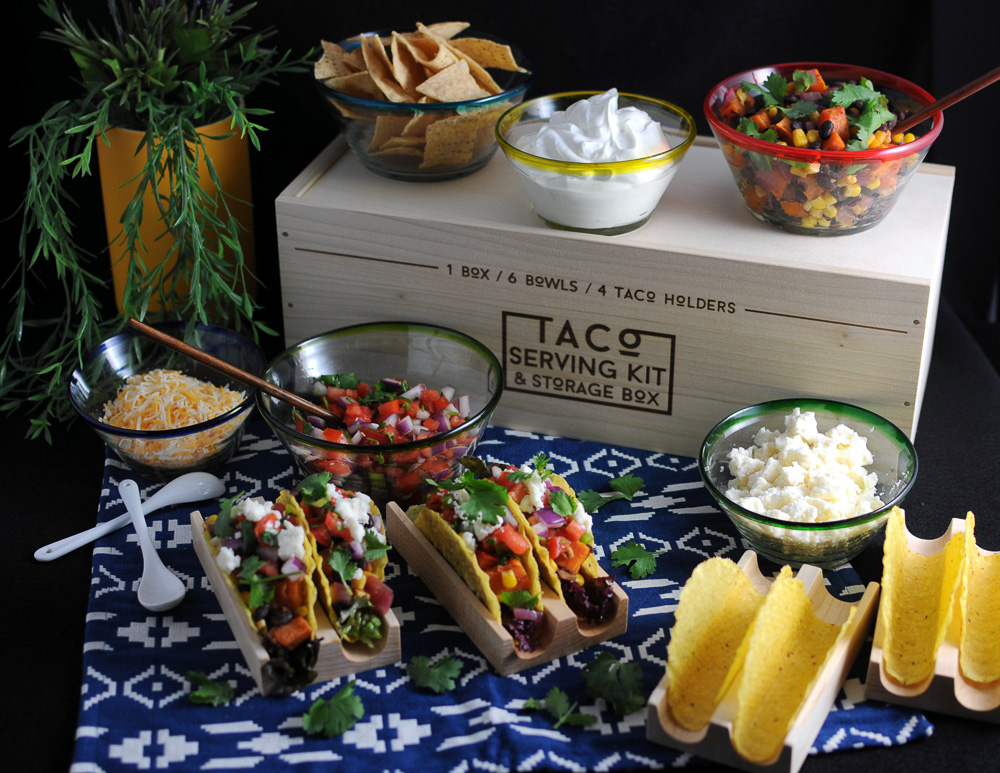
Taco Serving Kit and Storage Box by J.K. Adams for the Uncommon Collection, photo by The Gastronom
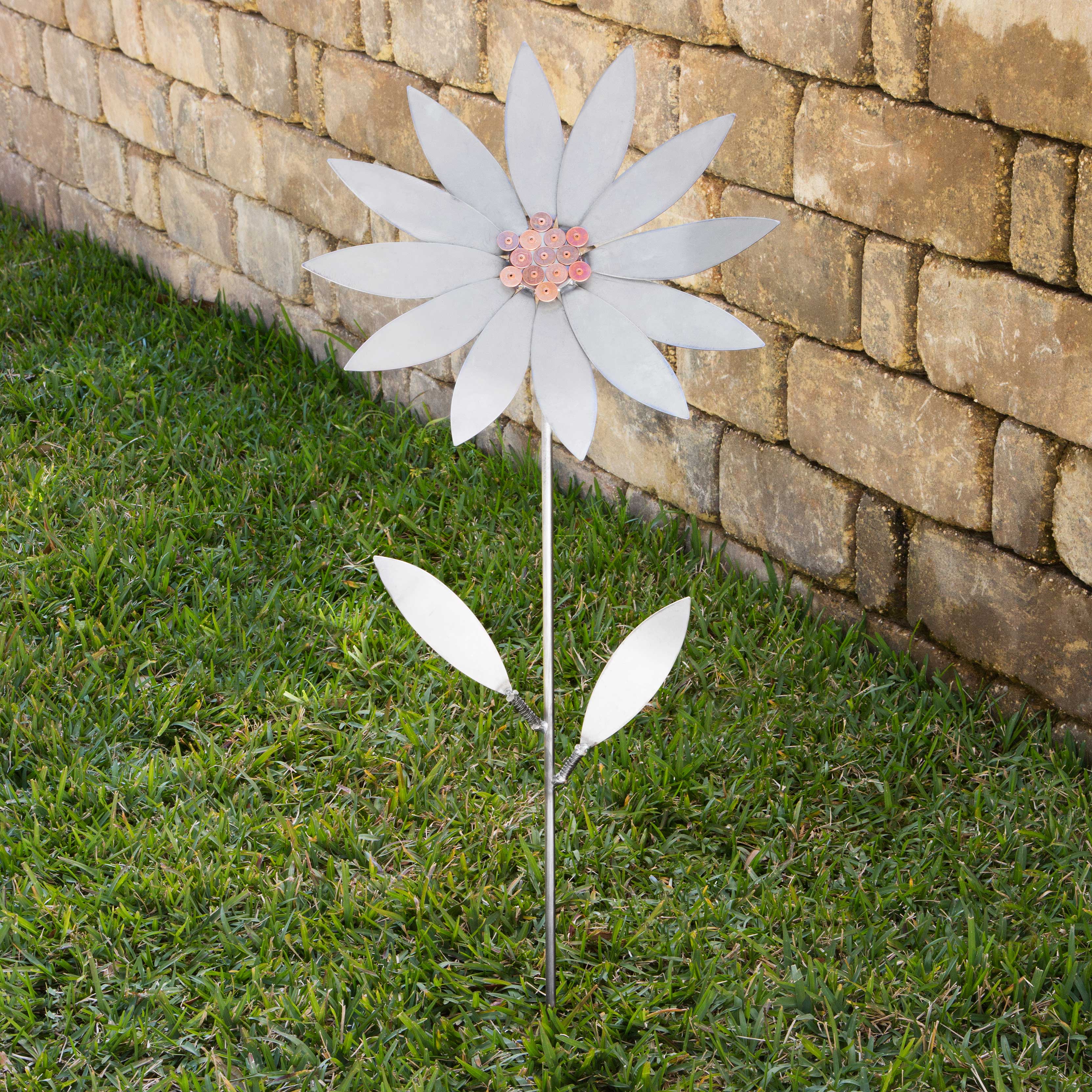
Penny Sunflower by Fred Conlon for the Uncommon Collection
We were already largely on the same page as our makers
We found that, as we dug into the specifics of Collection criteria, that our partners were already being responsible and supportive in terms of their environmental impact and employee treatment. They were already using responsible materials and practices in many cases without our persuasion. There were cases where they were in fact doing even more than what was required for the Collection, and where we had the problem of fitting it all into their write-up – a good problem to have! I believe that speaks to an alignment that transcends many aspects of our relationships with artists and designers, from product to general business practice to sustainable business practice and beyond. Many of the folks I work with and enjoy working with due to their honesty and integrity in business dealings also demonstrate integrity in how they run other aspects of their business – including a lot of the things we were looking for with the Collection.
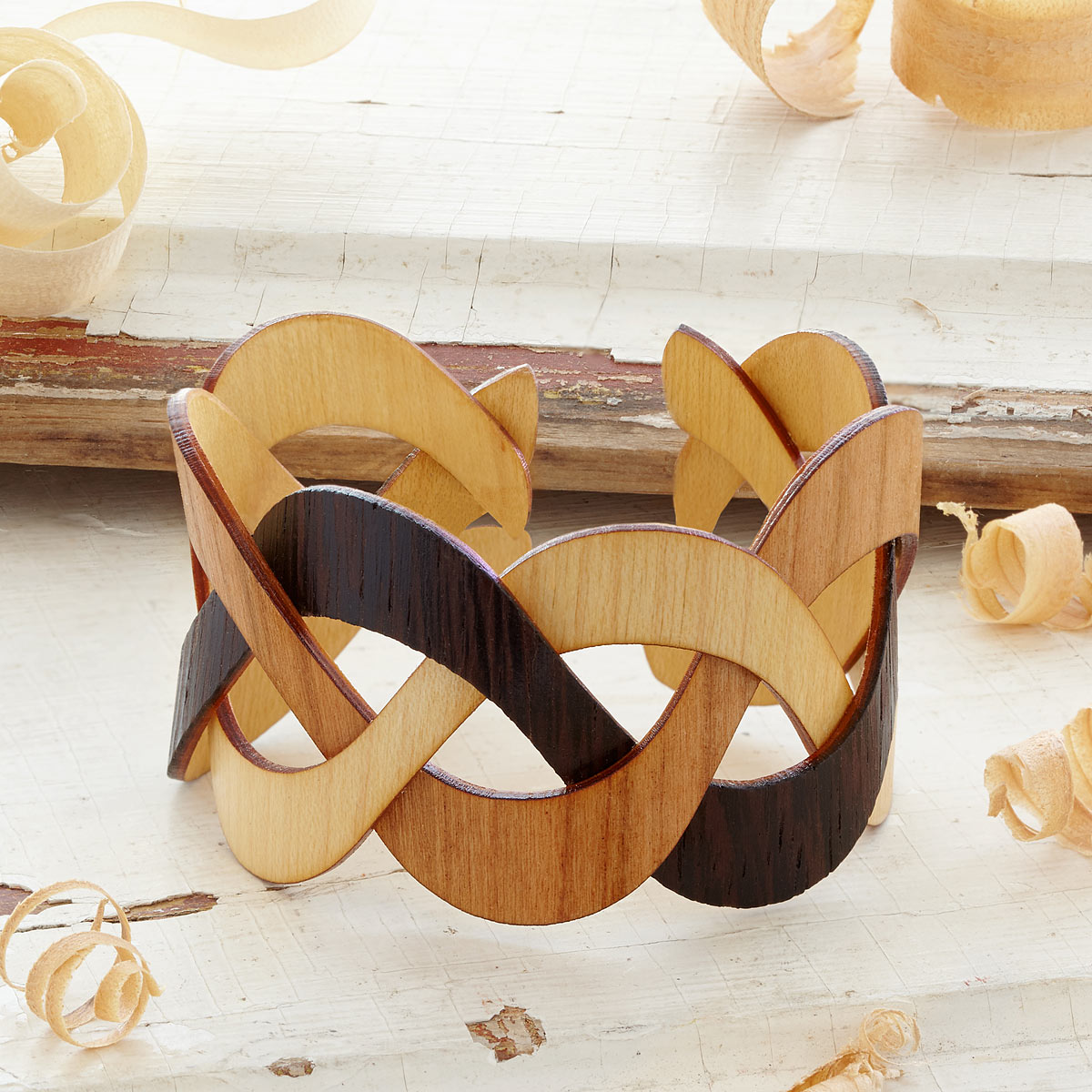
Trinity Wooden Cuff by Henry Wischusen for the Uncommon Collection
We kicked off our Collection with 18 items and have watched it double in size. With the future comes more opportunities to expand into categories not yet represented in the Collection. We hope to see greater opportunity to work with industries that are not especially known for sustainability or with a focus as such, but for which the Collection might represent a focal shift, or at the least a conversation had and seed planted. We hope to show that the goals and aspirations of the Collection are not simply a niche space, but rather a way of doing business that can serve as a blueprint for responsible business practices regardless of what your product is or how your company is structured. And we’re working to demonstrate that businesses and manufacturers can and should have a space in the spotlight not only for the terrific products they make, but also for the meaningful decisions they make as a business.

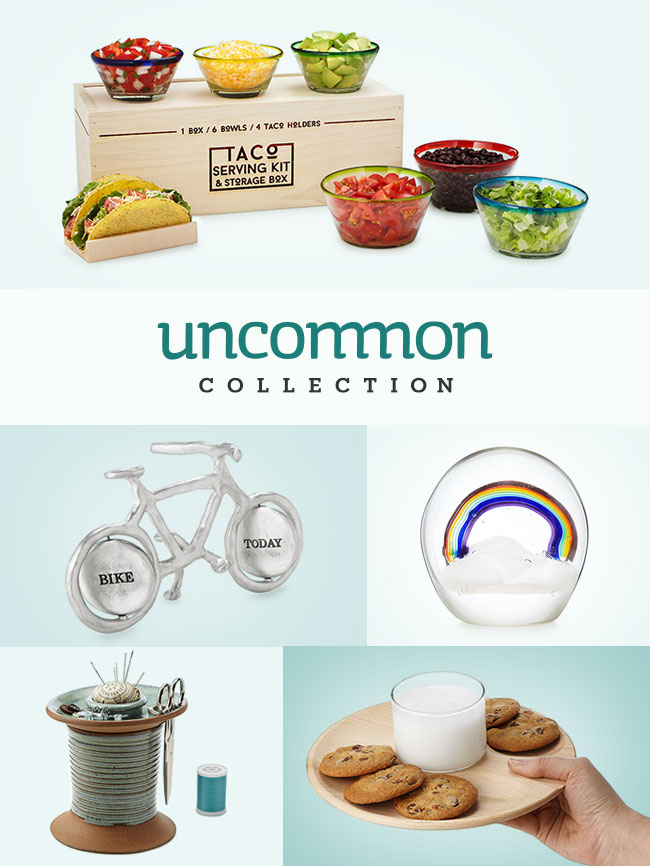
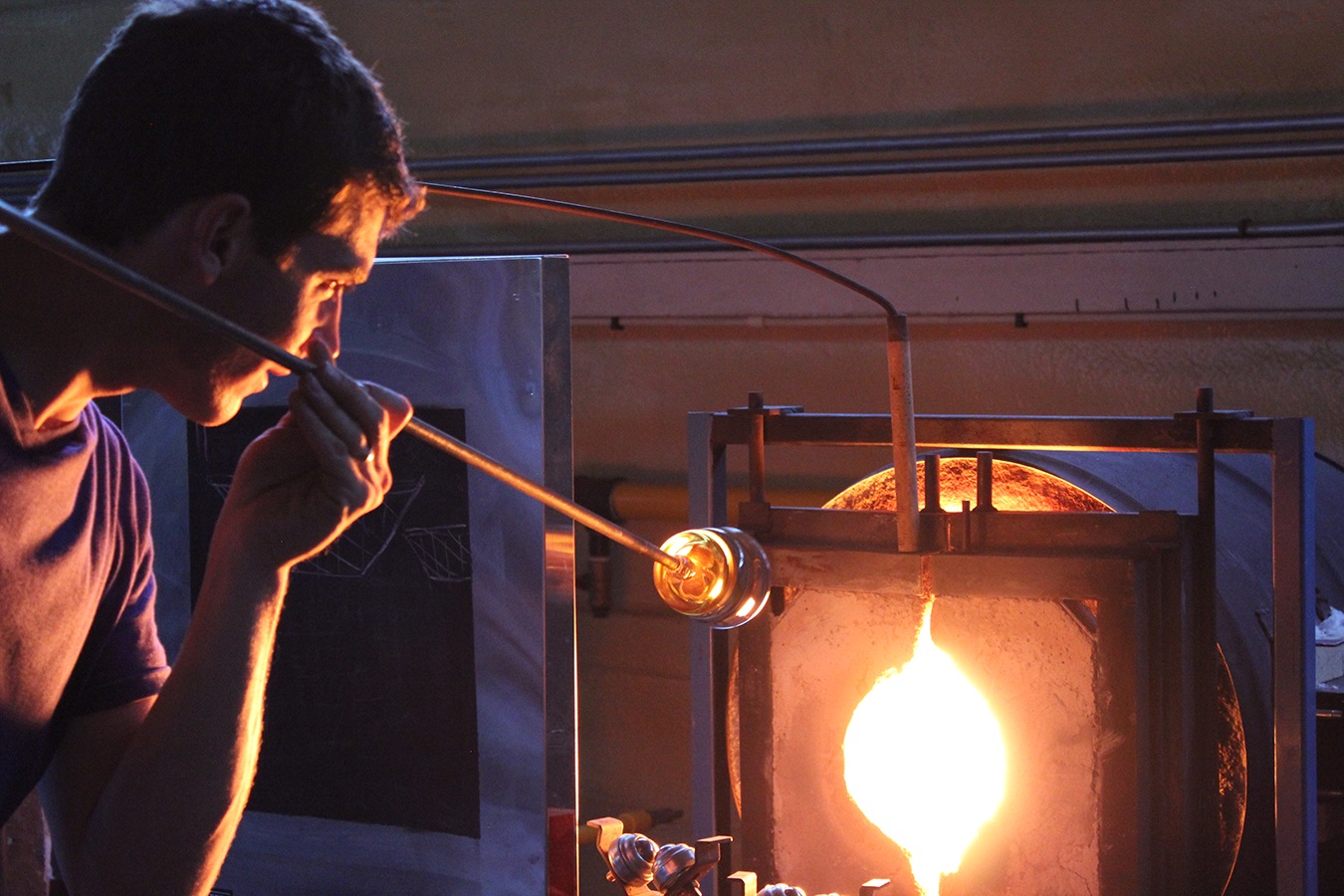

No Comments